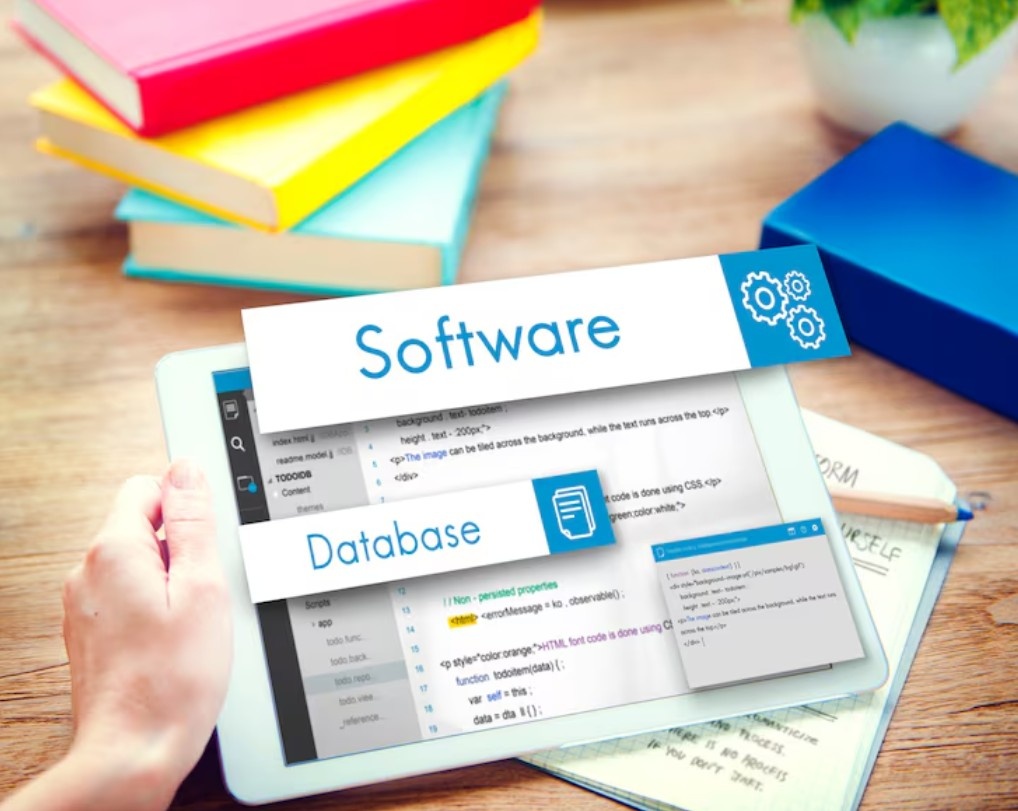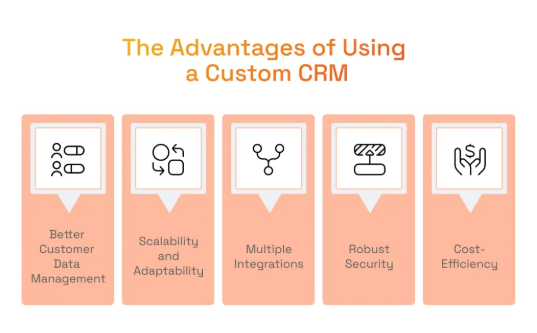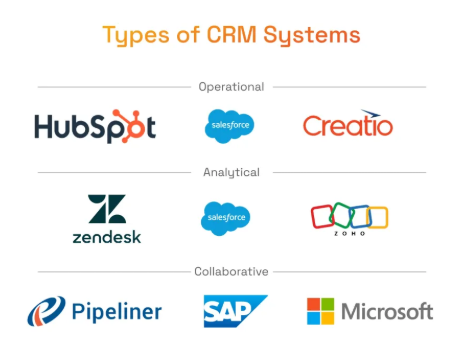

You’ve probably heard it before – “Customer is king.” But in 2025, that phrase isn’t just a cliché. It’s the operational truth that defines which businesses thrive and which fade into the noise. And at the core of customer-centric success lies one key tool: your CRM system. If you’ve been relying on off-the-shelf CRM platforms, you already know their limits. You can tweak settings, add plug-ins, or stretch modules to fit your workflows – but at some point, the system stops serving you and starts forcing you to adapt to it.
Before diving into features and frameworks, let’s start with clarity. What does custom development meaning actually entail? And why does it matter more today than ever before?
Defining Custom Development Meaning in Enterprise Solutions
Custom development meaning refers to building software designed exclusively for your organization – shaped by your specific workflows, data structures, and strategic goals. Unlike pre-built platforms that follow a one-size-fits-all approach, custom solutions are engineered to match your way of doing business.
Think of it as a digital fingerprint – unique, non-replicable, and purpose-built to integrate seamlessly into your internal processes. From automation flows to data visualization dashboards, every component aligns with your strategic intent.
In enterprise environments, this customization extends far beyond aesthetics or UI preferences. It reaches into how departments communicate, how KPIs are tracked, and how customer interactions are managed in real-time. The result? A system that evolves alongside your business – not against it.
Key Advantages of Tailored vs. Off-the-Shelf Software
When comparing tailored software to commercial off-the-shelf systems (COTS), the difference lies not in what they do, but in how well they do it for you.
Custom CRM development delivers several critical advantages that standardized solutions simply can’t match:
Each of these advantages compounds over time. Your CRM becomes not just a tool, but a strategic asset – one that evolves as your market and team dynamics change.
Drive efficiency and innovation across your company with our IT services!
No two businesses operate the same way. You might have multi-step approval workflows, regional sales hierarchies, or specific compliance requirements. A standard CRM can’t accommodate that complexity without bending its structure beyond usability.
Custom CRM development solves that pain point by aligning the software architecture directly with your unique business logic. It maps how leads move through your pipeline, how data transitions between teams, and how insights are reported at the executive level.

For instance, if your sales teams rely on product-based incentives, your CRM can be configured to automatically calculate commission tiers, trigger payout notifications, and visualize performance metrics per region – all in one place. No manual exports. No fragmented tools. Just one fluid ecosystem.
The value here isn’t just convenience – it’s precision. Every department operates from the same data truth, minimizing friction and maximizing synergy across operations.
Let’s be direct – custom software costs more upfront than buying a subscription license. But the real question isn’t “How much does it cost?” It’s “What does it cost you not to build it?”
When your CRM doesn’t reflect your operational reality, inefficiencies creep in silently. Manual workarounds pile up. Data gets duplicated. Decision-making slows down. The productivity you lose monthly often exceeds the one-time development investment.
From a financial standpoint, custom CRM development typically follows a predictable ROI pattern:
This model showcases how a custom-built CRM transitions from a capital expense to a revenue enabler. It becomes an asset, not a liability.
You don’t always need a custom solution – but when your business complexity outpaces your CRM’s flexibility, that’s your signal.
Here’s when customization makes the most sense:
If any of these resonate with your current challenges, investing in custom CRM development isn’t a luxury – it’s a necessity for operational coherence.
You invest in tools for one reason: to make your business stronger, faster, smarter. Custom CRM development does all three.
It bridges the gap between how you work and how your system supports you. Instead of being boxed into predefined modules, you get an environment where automation reflects your logic, dashboards mirror your KPIs, and integrations connect your entire digital infrastructure.
The return isn’t just financial – it’s cultural. Your teams gain confidence in their systems. Your leadership gains visibility across operations. And your customers, often unknowingly, feel the difference through faster response times and personalized service.
In a market defined by speed and personalization, a generic CRM is no longer enough. A custom CRM gives you the control, precision, and scalability you need to compete – and win.
When your business reaches the scale where manual tools, spreadsheets, or basic CRMs no longer suffice, Dynamics CRM development becomes a strategic turning point. Microsoft Dynamics 365 stands out for its flexibility and enterprise-grade integration. But its real power comes alive when customized to fit your organization’s DNA.
You should consider Dynamics CRM development when your organization requires deep customization beyond the out-of-the-box modules. For instance, if you need to integrate sales pipelines with your ERP, automate workflows across multiple departments, or manage multi-tiered customer data hierarchies – Dynamics is the right foundation.
At SKM Group, we often see clients migrate to Dynamics after hitting the limits of standard CRMs. They’re looking for scalable automation, secure data governance, and flexible API-driven integrations that evolve with business growth. Dynamics is not just a CRM platform; it’s an enterprise architecture enabler – a framework you can shape around your processes, not the other way around.
Outsource your IT confidently and cut costs with IT outsourcing!
Building a custom CRM within Dynamics 365 is a structured, multi-stage process that blends strategy, design, and development discipline. Success doesn’t happen by accident – it’s engineered through collaboration and precision.
Step 1: Requirements Gathering and Stakeholder Alignment
Every project begins with clarity. At this stage, you define what success looks like. You gather input from department heads, analyze your current system gaps, and align everyone under a shared vision. This alignment phase eliminates future miscommunication and ensures that development priorities are rooted in real business needs, not assumptions.
Step 2: Designing Custom Entities and Workflows
Dynamics 365 thrives on flexibility. During this step, your development team maps out custom entities – like “Project Requests,” “Vendor Invoices,” or “Partner Leads” – that mirror your internal processes. Each workflow is automated to reduce manual effort, trigger notifications, and ensure consistent data movement across modules. This is where efficiency takes shape.
Step 3: Configuring Integrations with Third-Party Systems
Modern CRMs don’t exist in isolation. Your Dynamics environment needs to communicate with tools like SharePoint, Outlook, Power BI, and your ERP. Seamless integration allows your employees to operate from one centralized system without redundant data entry or synchronization errors. It’s not just technical – it’s operational harmony.
Step 4: Development and Unit Testing in Dynamics 365
Once the design blueprint is ready, developers start coding within the Dynamics framework using Power Apps, Azure Functions, and custom APIs. Unit testing ensures every component performs reliably before deployment. This phase combines engineering rigor with business logic – your CRM begins to take its real form here.

Step 5: User Acceptance Testing and Training
The final step validates the entire system against your expectations. You test real-world scenarios, collect feedback, and fine-tune the environment. Then comes the most underestimated part – training your team. A powerful CRM only creates value when your people know how to use it. We at SKM Group always emphasize change management and guided onboarding to ensure adoption sticks.
Choosing the right partner can define your project’s success. You’re not just hiring a vendor – you’re building a long-term relationship with a technology ally.
A reliable custom CRM development partner should have verifiable experience in enterprise systems, a proven methodology, and transparent communication practices. Look for a team that understands both technology and business strategy, because the best CRMs are not just coded – they’re designed for outcomes.
At SKM Group, our clients appreciate that we operate with full-cycle visibility: from consulting and development to post-deployment support. A trusted partner won’t sell you hours; they’ll help you realize your strategy faster and safer.
When designing your CRM, the goal is to make it a growth engine – not a data repository. The following features turn your CRM into a true strategic asset:
Each feature contributes to a connected ecosystem where insights, not just data, drive decision-making. The system should empower your teams to focus on customers – not on managing software.
Custom CRM development is an investment in long-term scalability. To maximize returns, follow these best practices – lessons learned from hundreds of projects executed at SKM Group.
Establish Clear Governance and Change Management
Without governance, even the best technology loses focus. Define ownership, approval processes, and version control from the start. A CRM should evolve in sync with your business, not drift away from it. Structured change management ensures updates improve efficiency rather than disrupt workflows.

Adopt Agile Sprints for Incremental Delivery
Agile methodology keeps your project flexible and transparent. Instead of waiting months for results, you see progress in iterative sprints – each delivering tangible value. This incremental approach reduces risks, shortens feedback loops, and enhances adaptability to new priorities.
Leverage Automation Studio Software for Deployment Pipelines
Modern CRM projects depend on automation for consistent delivery. Automation Studio tools simplify code deployment, version management, and environment synchronization. They also reduce human error – allowing you to maintain speed and stability as your system grows.
Ensure Robust Data Security and Compliance
Data protection isn’t optional – it’s fundamental. Your CRM handles sensitive information daily. Implement role-based access control, encrypted storage, and GDPR/ISO compliance protocols. These practices safeguard customer trust and regulatory alignment.
Provide Ongoing Software Development Support and Maintenance
A CRM isn’t static software; it’s a living ecosystem. Continuous improvement ensures your platform adapts to market changes and user feedback. Scheduled updates, proactive monitoring, and regular performance audits keep your CRM at peak efficiency. At SKM Group, we call this phase “continuous partnership” – because long-term support is where reliability truly shows.
Turn unique ideas into reality with SKM Group’s custom software development.
In today’s data-driven economy, efficiency alone doesn’t guarantee success – adaptability does. Custom CRM development transforms your customer relationship management system into a dynamic, evolving growth engine.
It gives you full control over your workflows, insights, and integrations. It aligns your teams under one ecosystem of truth and empowers your leadership with accurate, actionable intelligence. Most importantly, it scales effortlessly with your ambitions.

At SKM Group, we believe the best technology isn’t about complexity – it’s about clarity. When your CRM fits your business perfectly, you don’t chase efficiency; you live it.
What is the difference between custom CRM development and out-of-the-box solutions?
Out-of-the-box CRMs offer prebuilt modules and quick setup, but they rarely fit your specific workflows perfectly. Custom CRM development builds the system around your business – not the other way around. It ensures full alignment with your operations, giving you long-term scalability and complete process ownership.
How much does custom development typically cost?
The cost depends on the project’s scope, integrations, and level of customization. While initial investment is higher than standard licenses, the total cost of ownership decreases over time through automation and efficiency. You invest once – and benefit continuously as your system grows with your business.
When should a business choose Dynamics CRM development over other CRMs?
You should consider Dynamics CRM development when you need enterprise-level scalability, multi-department integrations, and advanced data governance. Dynamics 365 is ideal for organizations seeking flexibility, Microsoft ecosystem compatibility, and long-term adaptability across departments.
What is the typical timeline for a Dynamics CRM development project?
On average, a full Dynamics CRM development project lasts from three to six months, depending on complexity and stakeholder involvement. Agile sprints ensure incremental delivery, meaning your teams can start using parts of the system even before full deployment is complete.
How do you ensure data integrity during custom CRM development?
Data integrity is maintained through structured database design, automated validation rules, and secure integration protocols. At SKM Group, we also use test environments to simulate real scenarios before go-live, ensuring accuracy, consistency, and zero data loss.
Can custom CRM development integrate with legacy systems?
Yes. One of the strongest advantages of custom CRM development is its flexibility in integrating with existing systems. Whether you use ERP, accounting tools, or proprietary databases, APIs and middleware solutions allow seamless data exchange – keeping your legacy infrastructure connected and relevant.
Need tailor-made software? We build scalable, secure solutions from scratch.
Discover more
Comments